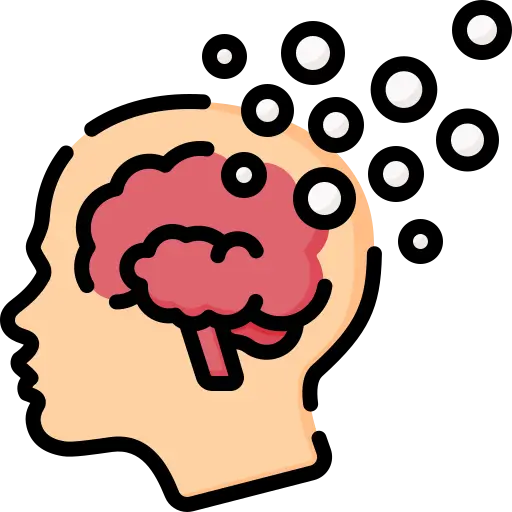Why Learn?
Improve
Your Memory
Musical training has a dramatic effect on the structure of your brain, increasing grey matter and making new connections between the left and the right hemispheres. Learning an instrument has been proven to improve working and verbal memory, and even protect against the development of cognitive impairment and dementia in later life.


boost your creativity
As learning an instrument is proven to make many new connections in your brain, it makes sense that this also leads to greater creativity. Your creative problem-solving abilities will be naturally enhanced in all areas of life!
Music Makes
You Smarter
Studies have shown that both children and adults who learn to play musical instruments increase their IQ score, and outperform those who don’t. When playing music, you coordinate skills and strengthen and expand many areas of the brain. Maths and language skills are notably improved.


Playing Builds Confidence
The process of learning an instrument is extremely rewarding, and a great tool to boost self confidence. The sense of accomplishment and satisfaction that you can achieve from learning a piece of music is like no other. Not to mention, learning an instrument opens up many opportunities to perform in public by taking part in recitals or joining a band or orchestra.
Other Reasons To Learn

It's Fun!
Once you've learned a few pieces, you'll instantly see how enjoyable it is to practice at home, and perhaps even make up your own compositions.

improve your senses
Movement and visio-spatial abilities are strengthened and improved by learning an instrument, particularly those that use both hands such as violin or piano. Researchers also found it to improve hearing and prevent hearing decline in later years.

Meet New People
Playing an instrument as part of an ensemble is a great way to make new friends and improve your social life. Children who become involved in a music group also learn important life skills such as communication, empathy, and teamwork.

Learn Discipline
Learning to play isn't always plain sailing, sometimes it might take many hours of practice to learn a piece fully which takes effort and builds discipline.

Secondary Income
In time you may be able to use your newly acquired skills to make money, by teaching or playing professionally!

relieve stress
Studies have shown that playing an instrument can lower your heart rate and blood pressure by a significant amount. Psychologist Michael Jolkovski states that playing music helps us to unwind from the worries of life in a far more effective way than watching TV or browsing the web.
